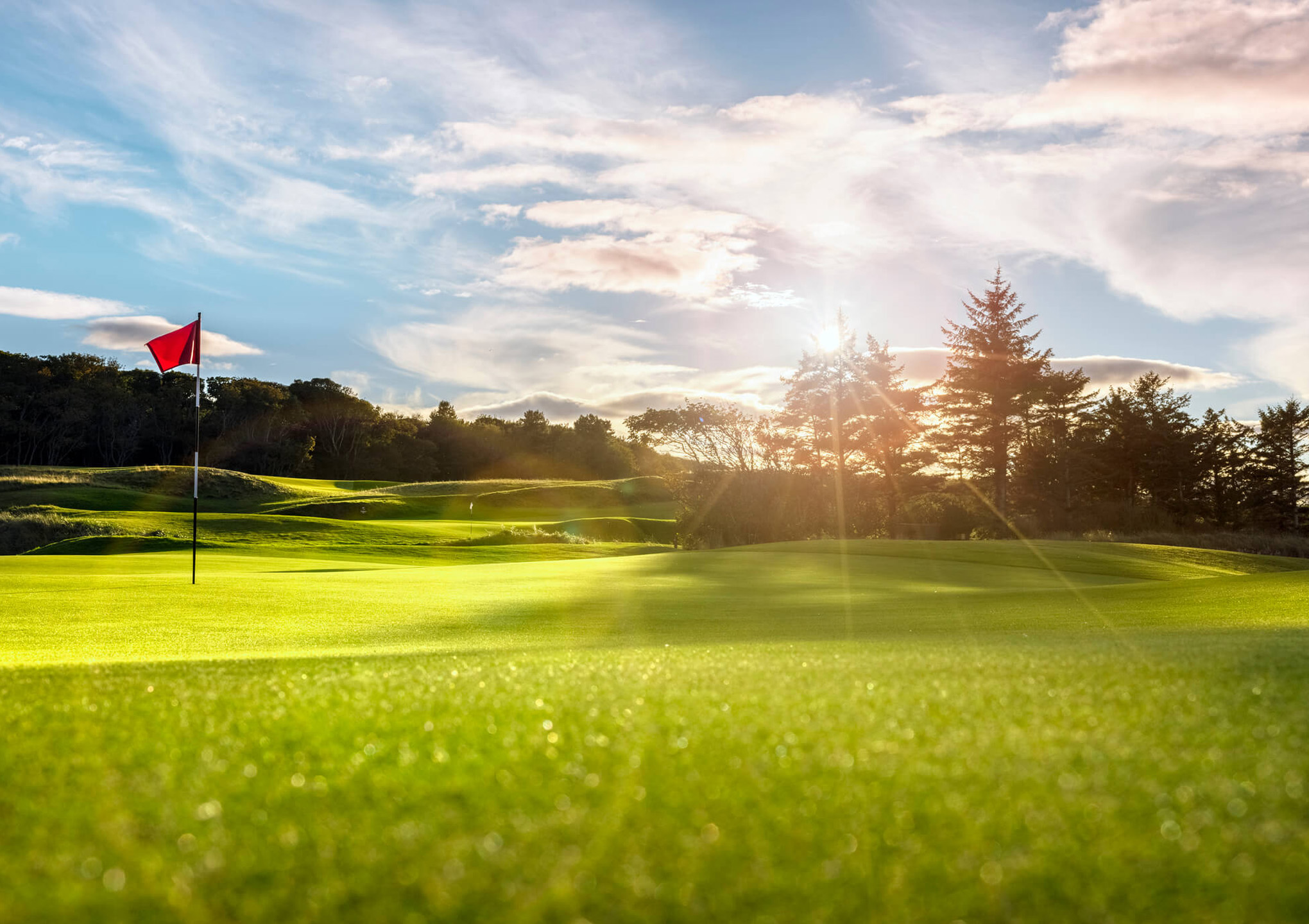4 Common Golf Injuries
If you live in Indiana, the arrival of fall means that the brutal summer humidity, the afternoon rains and scorching midday temperatures are finally relenting – leaving the golf lovers among us with the ideal weather we’ve been waiting months for: comfortable, cooler, beautiful mornings and breezy afternoons to hit the links.
The last thing you want now is to be knocked out of action with an injury, or worse, surgery.
When it comes to golf, there are four main injuries people deal with: elbow pain, shoulder pain, knee pain and back pain.
Below, we will outline what each pain feels like, what causes it and how to prevent it. If you’re experiencing any of these issues, you’ll want to set up an appointment here today.
Elbow pain.
People often get hurt when they’re trying to change their golf swing. Sometimes grip strength is weak, so they’re overusing the muscles in their forearms. This leads to excess pressure on the elbows and may result in shoulder pain as well. Instead of driving with the hip and torso, they’re overpowering with their arms. The solution here may be to work on grip strength and improve the strength in the rotator cuff.
If you’re golfing regularly, you should be working out with weights.

Knee Pain.
When a golfer presents with knee pain, it’s important to look at the strength of the ankle. Further, it’s important to look at hip mobility. If someone is lacking proper external and internal rotation, it could put pressure on the knees. If the ankles are weak along with poor hip rotation, all of that torque goes on the knees and that can cause pain and eventually injury. It’s necessary to evaluate an individual’s pain points and swing to alleviate this issue.
Shoulder Pain.
Shoulder pain in a golfer usually boils down to weakness in the rotator cuff and thoracic immobility. If you’re swinging and overcompensating for a weak shoulder with limited core mobility, your body is trying to generate the proper amount of torque to swing… and that torque may only be coming from the shoulder. If you’re not rotating through the hips or the spine, you might be relying far too much on the shoulder and over time causing problems and pain.
Back Pain.
There are several reasons why a golfer might experience back pain. It could be as simple as the wrong club height or a poor stance that puts the back in an awkward position for every swing. If you’ve got the basics like that covered, then instability in the back is issue number one for back pain. This means your back muscles and hip flexors are tight from sitting too much or poor posture or lack of exercise. You’ve got instability in the lumbar and low core mobility.”
If you’re golfing regularly, you should be working out with weights. Resistance training to fight off sarcopenia and flexibility and mobility work to keep your back strong and powerful. As you age, you can’t expect to stay pain free if you don’t address the issues that cause back pain. There are a number of exercises and routines that we have to strengthen core and back strength to both prevent and treat lower back pain in golfers.
Regenerative Medicine Solutions.
If you’re a golfer and you’re dealing with any of the above issues, bionwoRx has several modalities that have been shown to alleviate pain, reduce inflammation and aid healing. For more severe pain and injuries, scheduling a consultation would let you know if you’re a candidate for regenerative medicine therapy.

